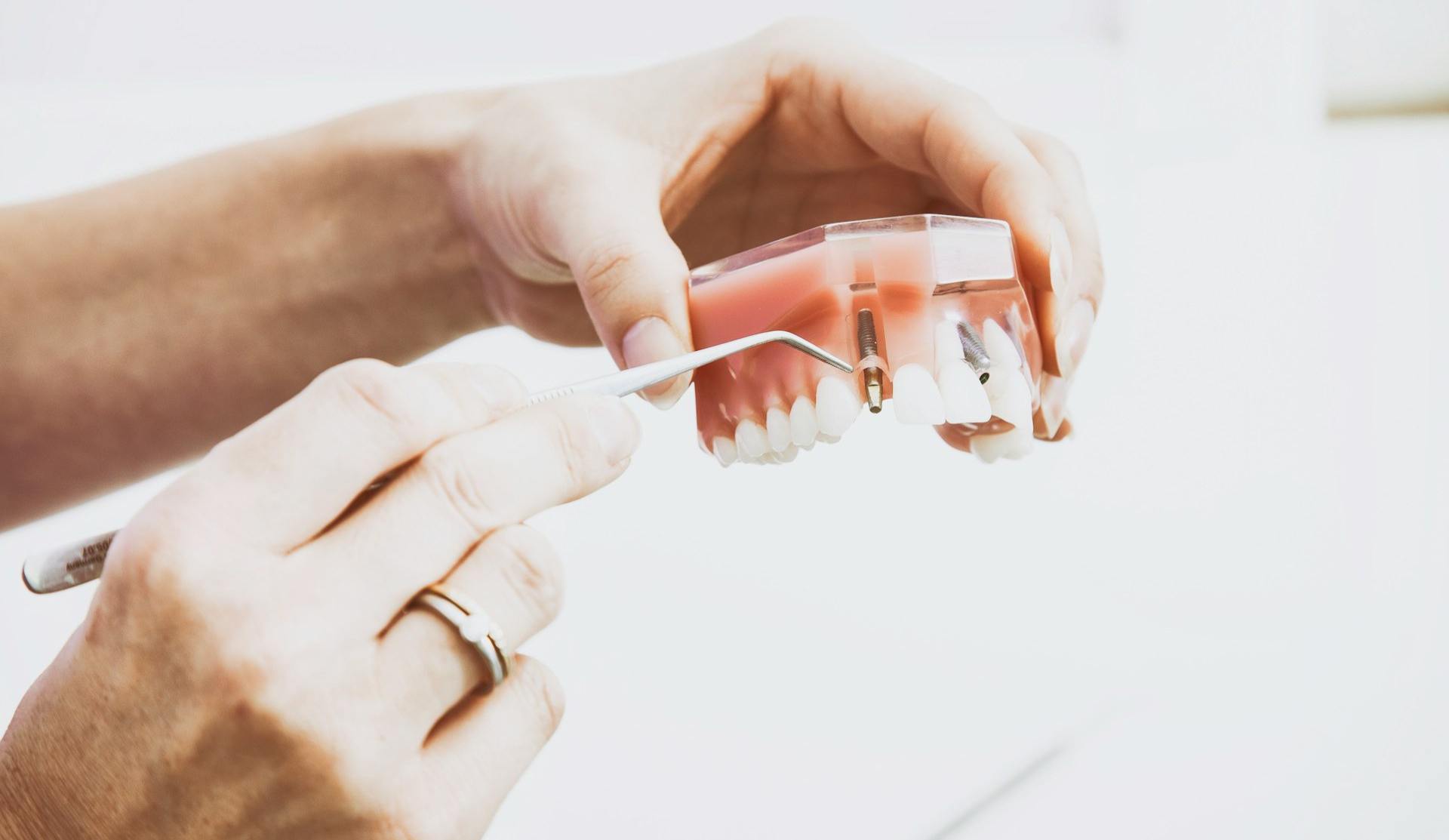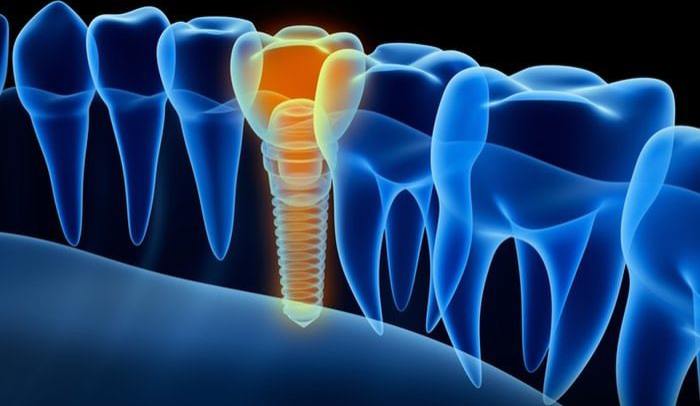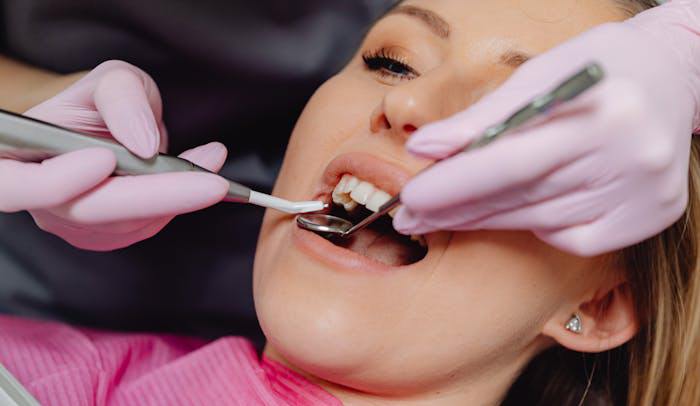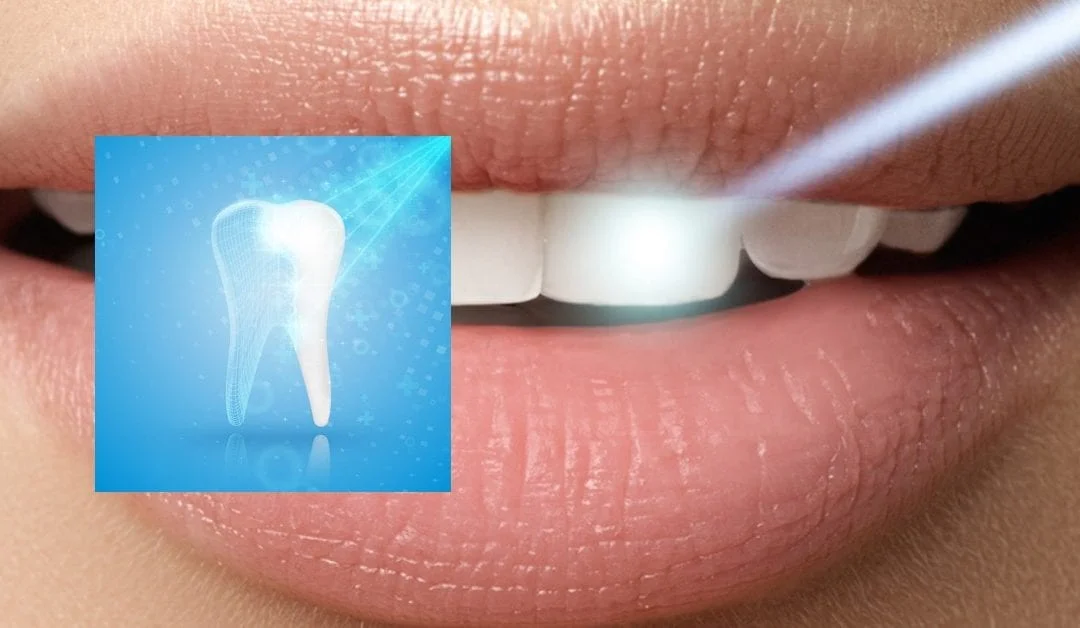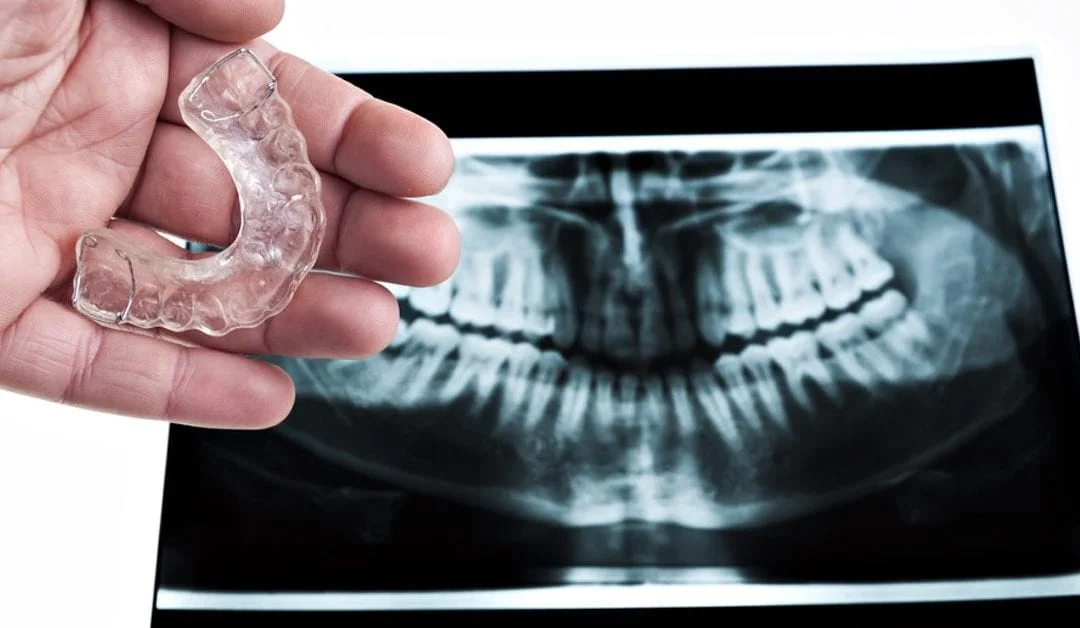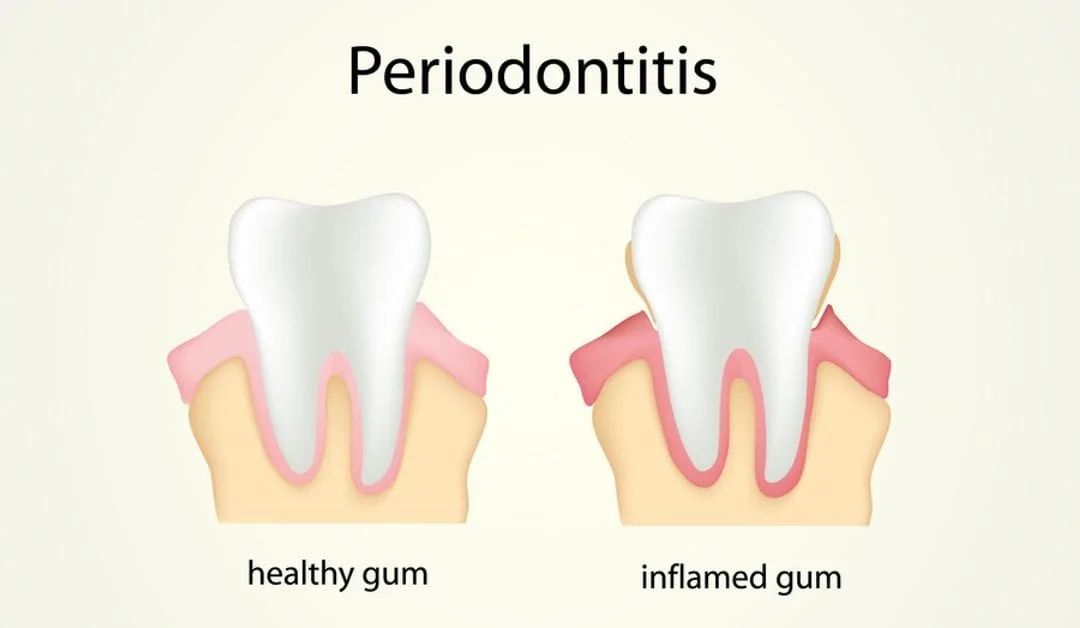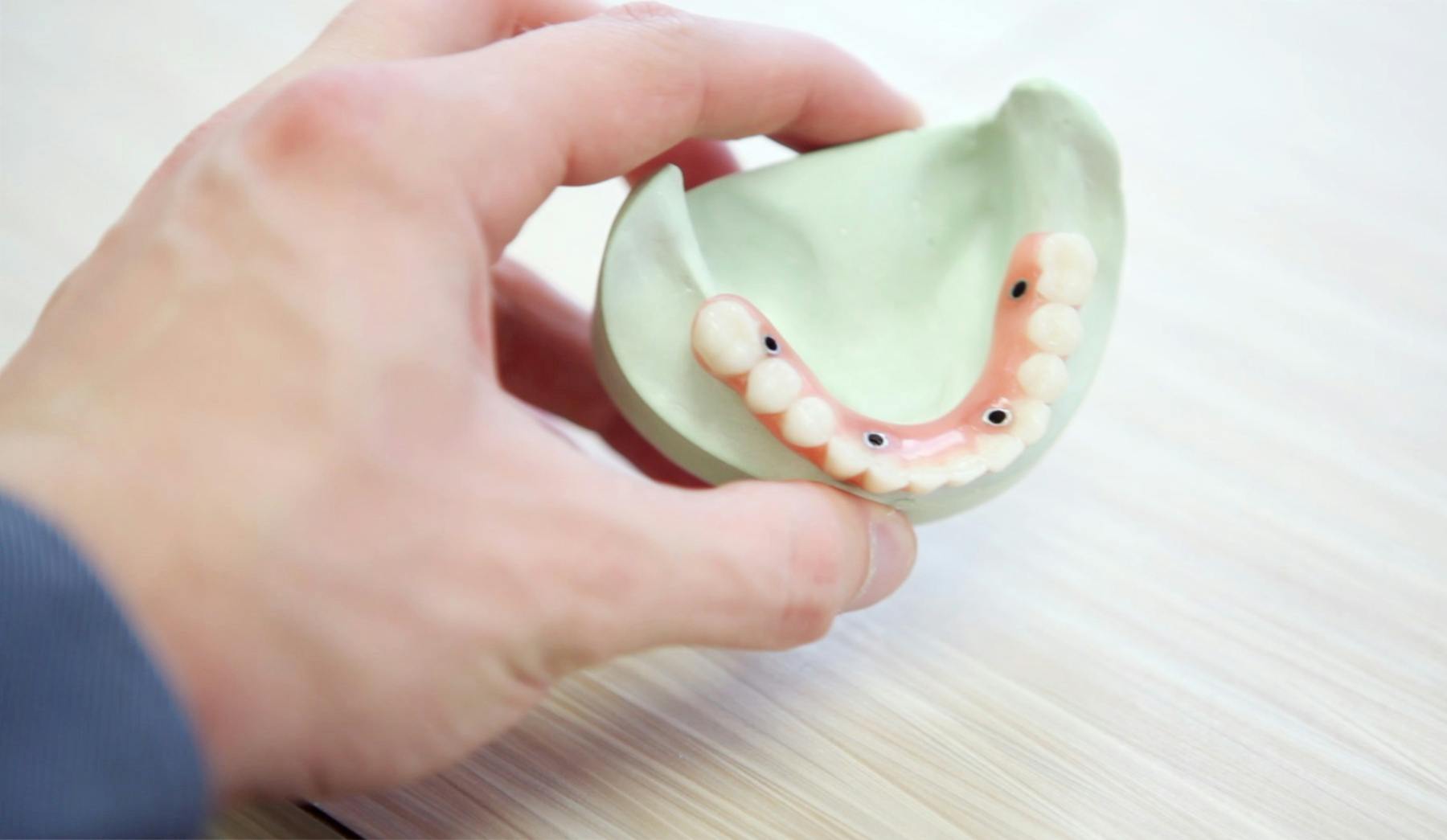
Table of Contents
It can make you feel hesitant to smile when you have a minor cosmetic problem such as a cosmetic dentist to fix with dental veneers. A veneer is an extremely thin piece of ceramic chipped, cracked, stained, or misshapen tooth. Fortunately, these issues are easy for a that adheres to the front of your tooth to disguise an imperfection. This is one of the most commonly requested cosmetic dentistry procedures. Once your new veneer is in place, you will have renewed self-confidence and won’t be able to hold back your smile.
Must Read: Difference Between Veneers vs. Lumineers
How many types of dental veneers?
There are many kinds of veneers and they are typically made from porcelain or composite resin. Your dentist decides the right option for you which will bring the most effective results.
Porcelain Veneers
Veneers made from porcelain are tailored to fit your specific teeth. They are strong and long-lasting veneers that the dentist fits on the front surface of the teeth. Porcelain veneers are resistant to staining and help fix many dental aesthetic concerns permanently.
Composite Resin Veneers
Composite veneers are made out of a tooth-coloured filling material, which is a blend of plastic and ceramic. The dentist bonds or applies it to your prepared tooth and hardens it. Composite veneers are ideal for fixing mild dental cosmetic concerns.
Lumineers
Lumineers are extremely thin porcelain veneers that the dentist attaches to the front face of the teeth. They do not need a lot of preparatory work on the teeth, unlike the standard porcelain veneers. and so, are also known as no-prep veneers. This type of veneer immediately changes the external appearance of the teeth but needs to be regularly replaced to function well.
Pop-on Veneers
Pop-on veneers are also called removable or snap-on veneers. The dentist customizes them to fit properly over the teeth and change the look of your smile. These temporary veneers are more affordable than traditional veneers. They fix issues like gaps in the teeth and cracks quickly. But you need to be careful while eating with them.
Who needs dental veneers?
Dental veneers are an ideal option for people who want to change the appearance of their smile by fixing a range of dental issues. Besides changing the smile for the better, veneers fortify it as well. They resolve the following dental problems:
- Discolored teeth because of poor dental hygiene or medical conditions.
- Bruxism (a condition in which the tooth enamel wears down because of excessive grinding or clenching)
- Spaces in the teeth
- Imperfections like cracks or breaks in the teeth.
- Tiny teeth.
- Improper shape of the teeth
If you have one or multiple issues given above, you are a good candidate for getting dental veneers.
Also Read: How Expensive are Veneers?
How much do veneers cost?
Dental veneers cost between $925 and $2,500 for each tooth. Composite veneers are slightly less expensive and are in the range of $400 to $2,000 for each tooth.
The total cost for every person varies significantly because of varied factors. These include:
- The city and state you reside in
- The type of veneers you get
- The brand of the veneers used
- Number of teeth on which the veneer is applied
- The process’s complexity.
In addition, the expertise of the dentist or the professional who applies the procedure also affects the cost. Note that dental veneers is a cosmetic procedure. So, dental insurance like Medicare or Medicaid does not cover it. If this procedure is medically necessary, then you can take advantage of the insurance plan.
The Process of Receiving Dental Veneers
Veneers are typically made from porcelain so they match the shading of your teeth as closely as possible. During your first appointment, your dentist takes an impression of the tooth receiving the veneer. He or she then sends the mold to a dental laboratory. A laboratory technician follows the specifications to create a customized tooth shell for you. It takes approximately two to three weeks for your dentist to receive your new veneer back from a dental laboratory. However, he or she can fit you with a temporary restoration in the meantime.
Before your dentist can place your new veneer, he or she may need to remove up to one-eighth of a millimeter of enamel from your tooth. This is to ensure that the veneer fits properly and the treated tooth doesn’t stick out further than the rest of your teeth. Someone from your dental office will contact you for a final fitting after your dentist receives your veneer back from the lab.
After checking the color and shape of your new veneer, the next step is for your dentist to place a bonding agent on the front of your tooth. He or she then carefully places the veneer on top of it and uses a curing light so it hardens in place. The process is fast and simple, and you leave the dental office with a beautiful new smile.
Dental Veneers Benefits & Risks
Dental veneers have become a popular option for patients who want to enhance and strengthen their smile. But the process has both pros and cons, which are explained below.
Benefits of Dental Veneers
There are many important benefits of dental veneers, which include the following:
- Dental veneers fix broken or chipped teeth.
- The procedure is suitable for treating severely discolored teeth.
- Veneers can be used to hide very small teeth
- Veneers fix oddly shaped teeth and gaps in the teeth.
- The results are instantly seen after installing veneers.
- Dental veneers replace damaged tooth enamel
Risks of Dental Veneers
Before installing dental veneers, it is wise to be aware of the following risks:
- Once done, you cannot reverse this dental procedure.
- The tooth’s sensitivity to hot and cold food increases after the process because the enamel has been removed.
- The lifespan of dental veneers is way less than that of other dental restoration methods like bridges and dental crowns.
- You cannot change the color of veneers after the dentist installs them.
- If the teeth with veneers decay, you need to cover the whole of it with a crown.
- If you have unhealthy or fragile teeth without enough enamel on the surface, dental veneers are not a good procedure.
- Porcelain veneers can crack or break if you habitually grind or clench your teeth.
Care and Longevity of Dental Veneers
It is important to follow a good oral hygiene routine while also avoiding habits that could cause your new veneer to become loose. If you do this, your veneer should last up to 10 years before you need to replace it. If you notice any problems with it after placement, just contact your dental office to schedule an appointment for repair. This should only take a few minutes for minor issues.
Have you Decided if Dental Veneers are Right for You?
If you’re interested in getting dental veneers and want to consult with a professional, you can search online using the term “dental veneers near me.” When you’re ready, choosing a highly experienced and knowledgeable dentist is essential.
If you are in the NYC area including Manhattan, Brooklyn, Queens, and the entire tri-state area, Maiden Lane Dental is your best choice. Our dental team are expert in the field of dental veneers and is ready to meet with you. Contact Maiden Lane Dental.
Our Service
-
 Dental Service
Dental Service
-
 General Dentistry
General Dentistry
-
 Cosmetic Dentistry
Cosmetic Dentistry
Comprehensive dental care ensuring healthy, radiant smiles for individuals and families in NYC.
Routine check-ups, cleanings, and preventive care to maintain your oral health effortlessly.
Enhancing your smile with advanced cosmetic procedures for a confident, beautiful appearance.






